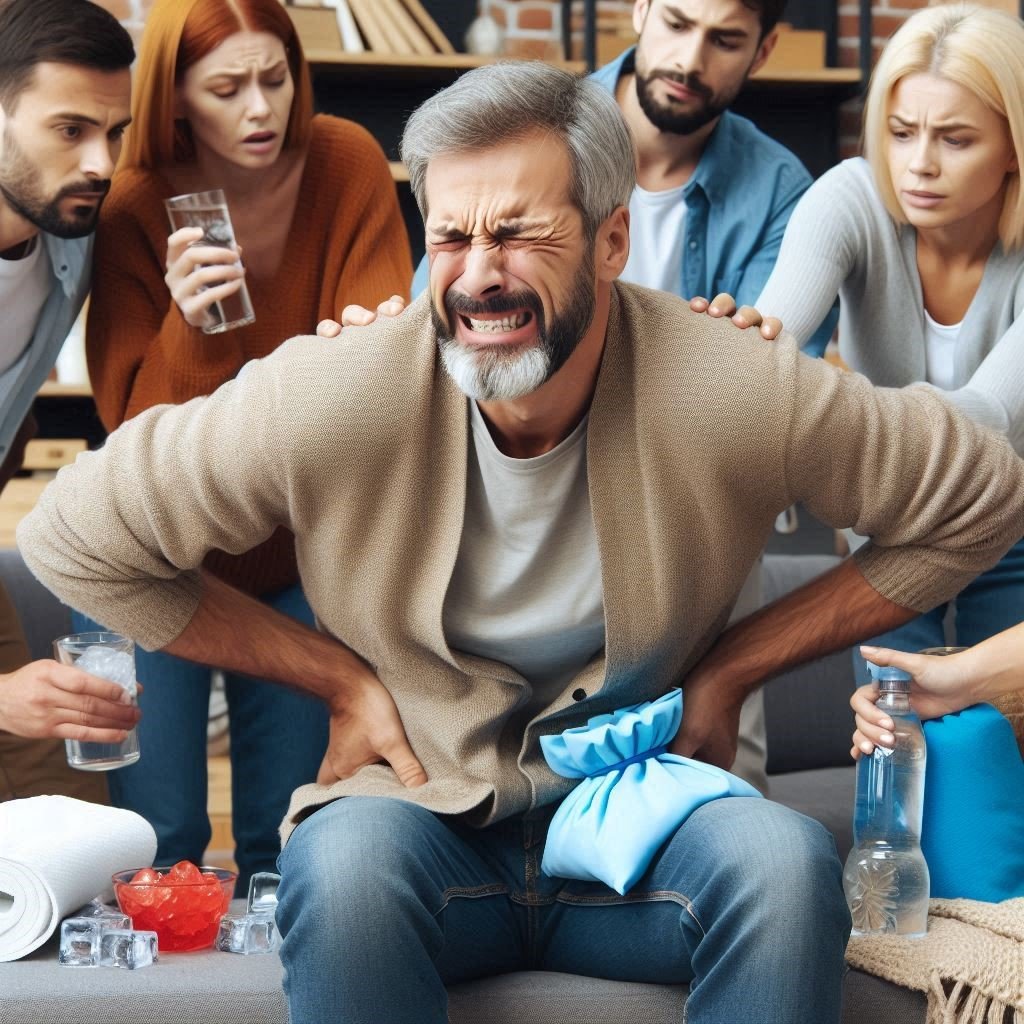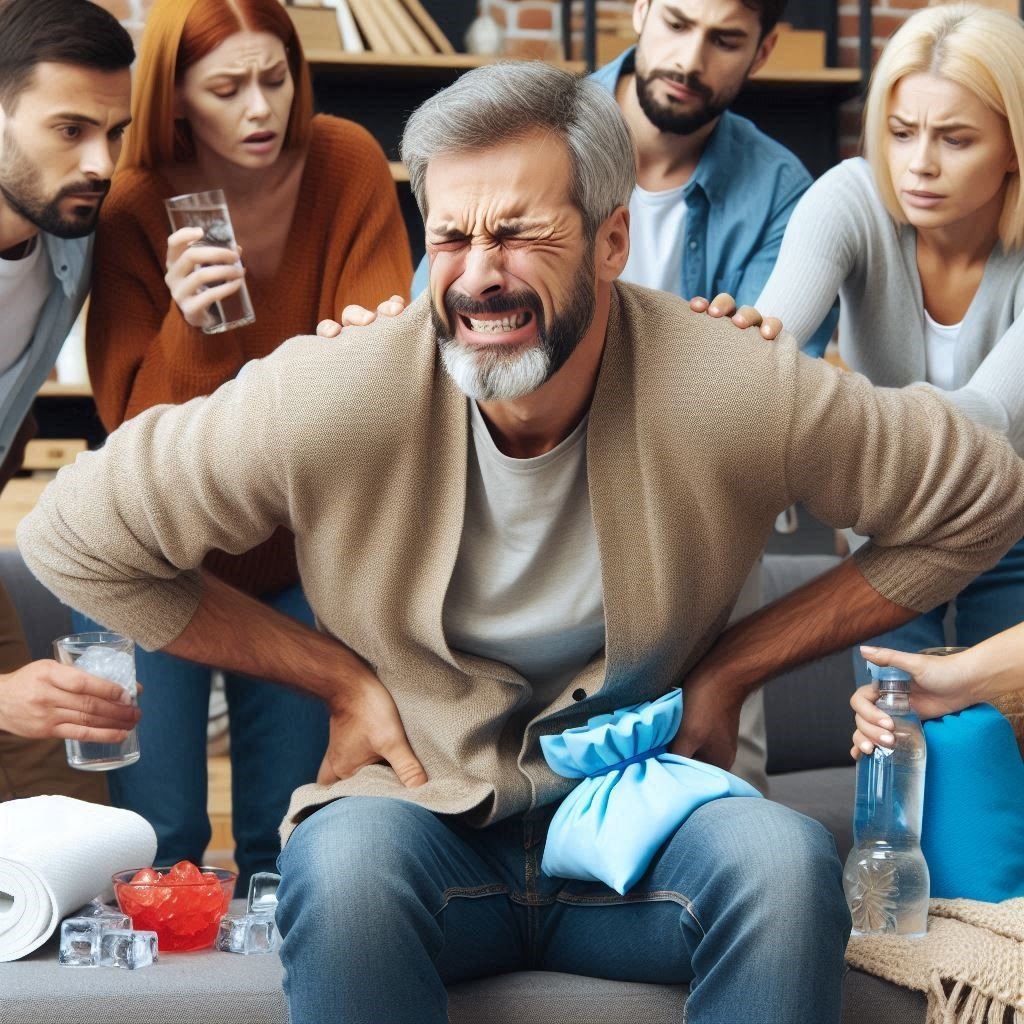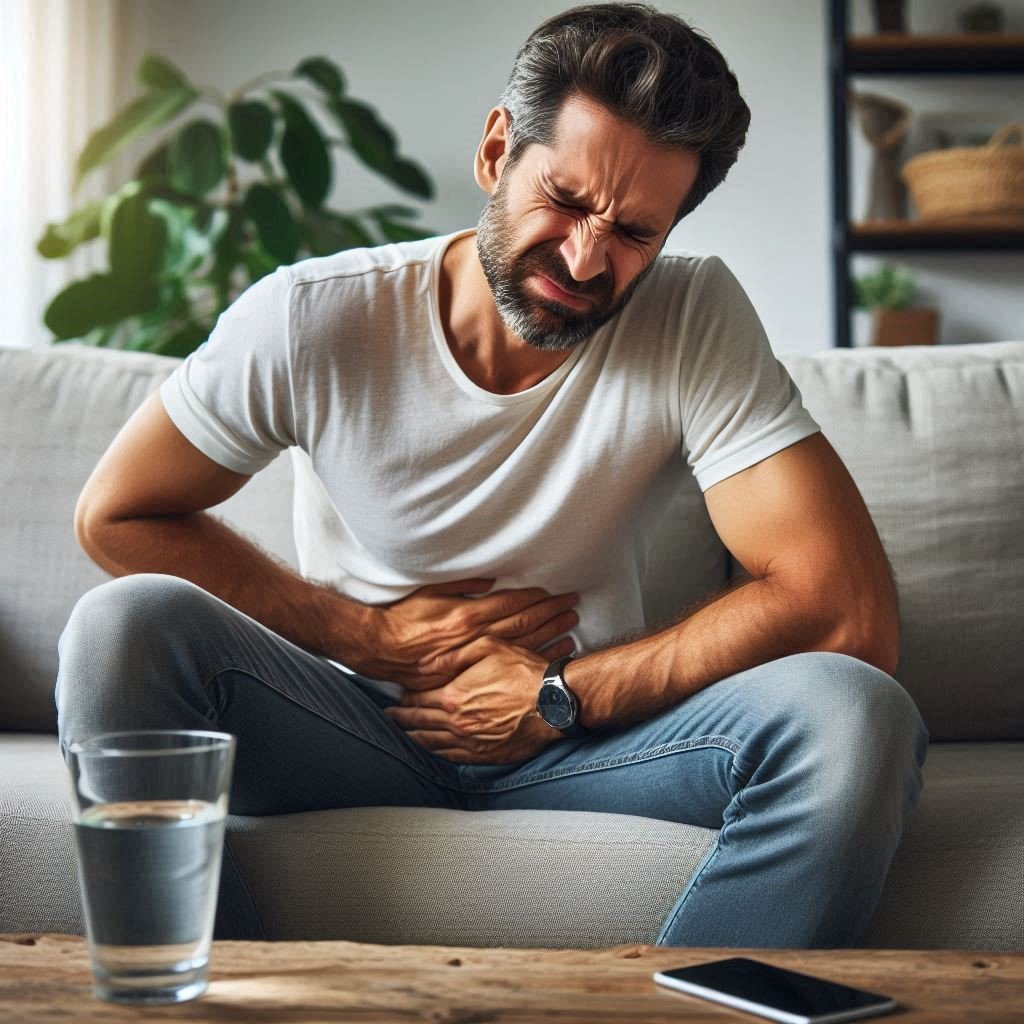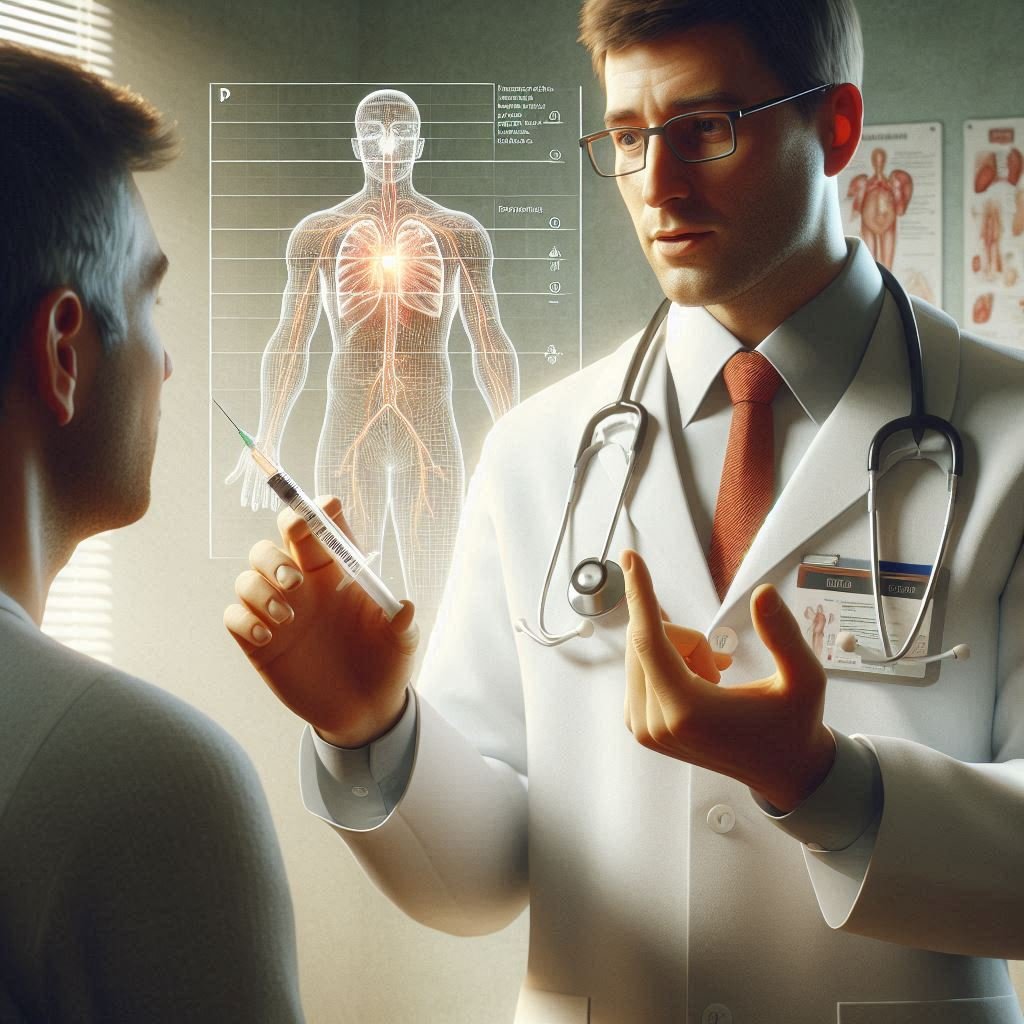PROSTATE CANCER: THE BURDEN OF MEN, PART 7.

Knowledge is light and ignorance is darkness.
I am very sure that there’s no way you really want to live in your house without any source of light.
I mean, imagine, in your house, no light either from a generator, touch light, not even from a public power supply.
That means living in the 18th century before the invention of the filament bulb by Sir Thomas Edison.
I don’t think you will enjoy such a life.
Then why don’t you create time, space, and funds to learn about your human body, and how it works so that you will be the “mechanic ” of your body?
In case, if you missed my last article, I will strongly recommend you find it and read it.
In this article, I will dwell on the second mechanism of how food predisposes a man to prostate cancer.
In fact, the second mechanism relates to Vitamin D metabolism.
Under most conditions, this “vitamin ” is not a nutrient that we need to consume.
Our body can make all that we need simply by being in sunlight for fifteen to thirty minutes every couple of days.
In addition to the production of vitamin D being affected by sunlight, it is also affected by the food that we eat.
The formation of the most active form of vitamin D is a process that is closely monitored and controlled by our bodies.
This process is a great example of our bodies’ natural balancing act, affecting not only prostate, but breast cancer, colon cancer, osteoporosis, and autoimmune diseases like Type 1 diabetes.
The main component of this process is an active form of vitamin D produced in the body from the vitamin D that we get from food or sunshine.
This active or “supercharged ” vitamin D produces many benefits throughout the body, including the prevention of cancer, autoimmune diseases, and diseases like osteoporosis.
This all-important supercharged vitamin D is not something you get from food or from a drug.
A drug composed of isolated supercharged D would be far too powerful and far too dangerous for medical use.
Your body uses a carefully composed series of controls and sensors to produce just the right amount of supercharged D for each task at exactly the right time.
As it turns out, our diet can determine how much of this supercharged D is produced and how it works once it is produced.
Animal protein that we consume has the tendency to block the production of supercharged Vit. D, leaving the body with low levels of this vitamin D in the blood.
If these low levels persist, prostate cancer can result. Also, persistently high intakes of calcium (please don’t take calcium as a supplement) create an environment where supercharged D declines, thus adding to the problem.
So what food substances have both animal protein and large amounts of calcium?
Milk and other dairy food!!!!!.
This fits in perfectly with the evidence that links dairy consumption with prostate cancer.
This information provides what we call biological plausibility and shows how the observational data fit together.
To review the potential mechanisms :
— Animal protein causes the body to produce more IGF-1, which in turn throws cell growth and removal of whack, stimulating cancer development.
— Animal protein suppresses the production of supercharged D.
— Excessive calcium, as found in milk, also suppresses the production of supercharged D.
— Supercharged D is responsible for creating a wide variety of health benefits in the body. Persistent low levels of supercharged D create an inviting environment for different cancers, autoimmune diseases, osteoporosis, and other diseases.
The important story here is how the effects of food – both good and bad – operate through a symphony of coordinated reactions to prevent diseases like prostate cancer
I’m discovering the existence of these networks, we sometimes wonder which specific function comes first and which comes next.
We tend to think of these reactions within the network as independent.
But this surely misses the point.
What impresses me is the multitude of reactions working together in so many ways to produce the same effect :
In this case, to prevent disease.
There is no single “mechanism ” that fully explains what causes diseases such as cancer.
Indeed, it would be foolish to even think along these lines.
But what I do know is this :
The totality and breadth of the evidence, operating through highly coordinated networks, support the conclusions that consuming dairy and meat are serious risk factors for prostate cancer.
This concludes the series on prostate cancer.






Responses